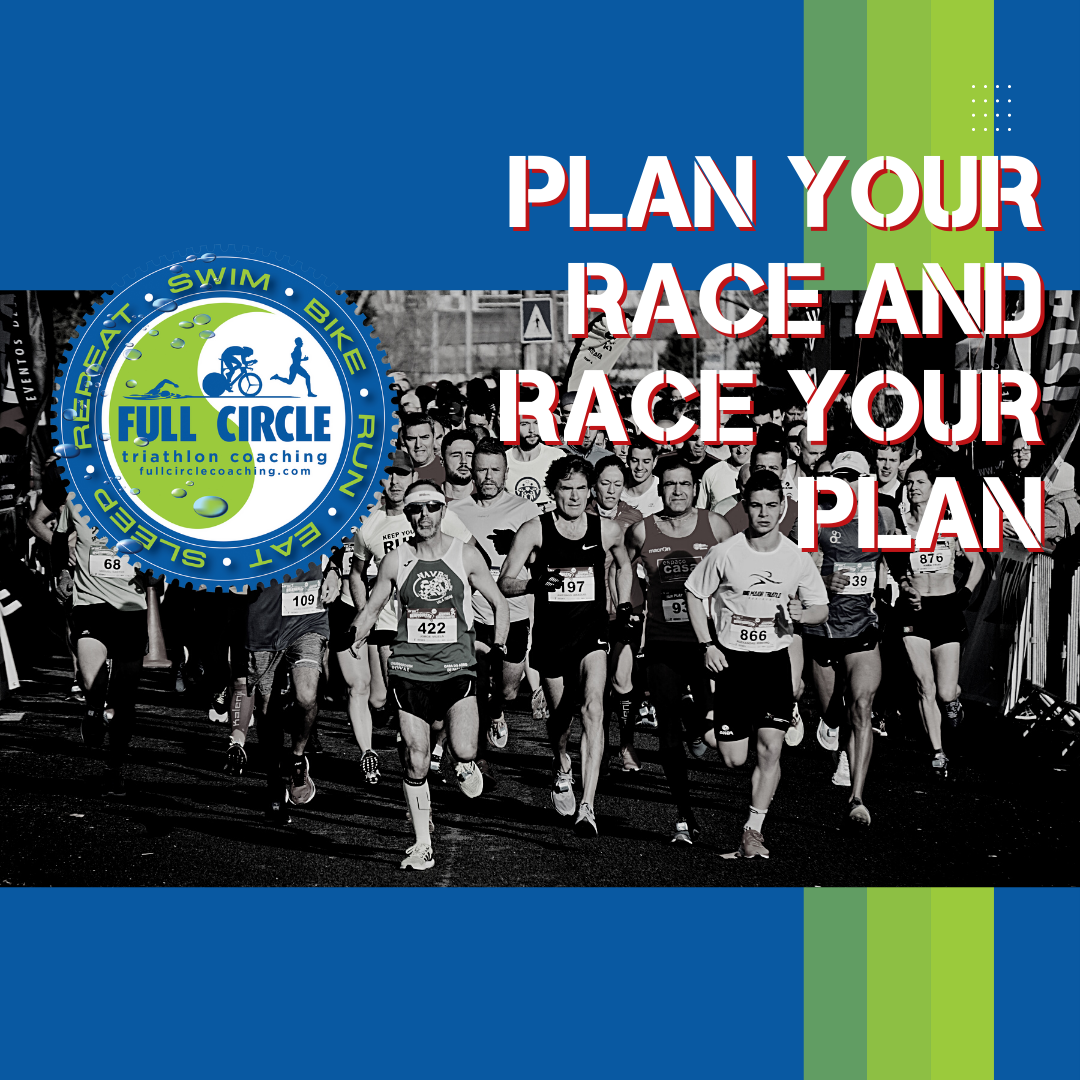What’s Your Big Why? Do you know?
Next, you start to get cranky and ask yourself why am I even doing this?
- Why did I sign up for this Ironman®?
- Why do I want to become a triathlete?
- Why am I doing my 1st triathlon?
- Why do I want to get in shape, lose weight, get healthy?
A few of my current athletes are struggling with this as we speak and I am just reminding them to take some quiet time to go within and ask yourself what your big why is again. Your kids, your partner, your parents, a deceased loved one’s, a friend, brother or sister. Everyone has a why, you just have to find it!
Last weekend, my 9 year old daughter Kaia was doing her 8th triathlon after not racing at all for over a year. She has 2 parents who love and live triathlon so it’s hard for her not to be involved and want to do triathlons, but I don’t push her. The morning of the race she was having major anxiety about racing; Would she be as good as she was before? Would she be last? All the same issues we all think about at some time before a race. So, I started asking her if she wanted to race, and she said yes but all these other feelings were taking over so I asked her to think about a few things, like maybe doing it for someone else, so it wasn’t about her and her outcome, but more about just getting out there because someone else couldn’t. The other thing I reminded her of was how great it felt when she had crossed the finish line of her last race. She was all a glow, cheering for friends and happy just to be out there. We looked at some of her race photos and she was reminded of those post-race feelings of success and accomplishment. Although she struggled right up to the start, she did the race with a huge smile on her face and even saying at one point “This is the best day of my life!”
Another example of a good why, is being a part of Team Thumbs Up. We were asked to be included and help Brett Anderson who has Cerebral Palsy complete a sprint triathlon. I was so proud of my team for stepping up and giving this man the experience of flying through a triathlon as fast as we could carry him. He was ecstatic and so thankful!
These are just 2 examples of a why and I have a bunch more I turn to when I am finding myself out of my focus. All I know is when I am committed and training regularly, everything else in my life is better. I commit to more sleep, eat healthier, work harder and with more focus and really plan my fun stuff as the reward for all the hard work! Although the race is always the reward for me!
Of course, I can’t leave without mentioning that if you have your why and still no energy to train it could be a nutrition lifestyle issue and of course I have a program for that! So, now its my turn to ask you; “What is your big Why?” Id love to hear about it and how it motivates you to get out there and TRI!!!

 Here are some tips to implement to insure a solid training session despite the heat.
Here are some tips to implement to insure a solid training session despite the heat.
